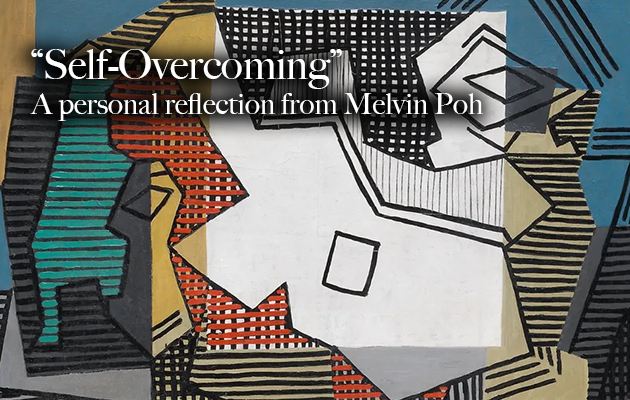
The Relevance & Rise Of Stoicism In Modern Times
Long ago in the realms of ancient Greece and Rome, a profound philosophy emerged from the roots of Socratic thought — Stoicism. While it delves into various facets of life, its claim to fame lies in being a beacon for cultivating inner tranquility and fostering personal growth. As we navigate the cultural landscapes of the 21st century, understanding the essence of Stoicism becomes pivotal, unraveling its wisdom for contemporary applications.
For those uninitiated into the intricate realms of philosophy, Stoicism presents itself as a pragmatic guide, offering insights on how to enrich the tapestry of one’s life. At its core, Stoic ethics imparts the notion that individuals wield control over their interpretations and responses to the circumstances that befall them. The key, it seems, lies in not resisting or succumbing to frustration when faced with the inevitable twists of life. The Stoics championed the pursuit of virtue as the surest path not just to a good life but to one imbued with profound meaning. Wisdom, courage, temperance, and justice stood tall as the pillars of this virtuous journey. While Stoicism drew on various philosophical branches to substantiate its ethical stance, one need not delve deep into these complexities to harness the teachings of Stoicism.
Even for those who shy away from the intricate webs of philosophical discourse, Stoicism opens its arms through accessible texts. Works such as Marcus Aurelius’ “Meditations” and Epictetus’s “Enchiridion” serve as digestible nuggets of wisdom. These writings, far from being exhaustive philosophical treatises, distill profound insights into succinct, epigrammatic forms, inviting readers to spend more time contemplating and applying these timeless lessons rather than wading through extensive texts.
While the original Stoic manuscripts continue to stand the test of time, contemporary scholars and writers infuse fresh vitality into this ancient philosophy. Figures like Ryan Holiday, author of acclaimed books like “The Obstacle Is the Way” and “Stillness Is the Key,” serve as torchbearers of Stoic wisdom. Ryan, the architect behind Daily Stoic, an online haven for everyday Stoic insights, has woven a digital tapestry through a website, podcast, and social media presence on platforms like Instagram, TikTok, and YouTube. The flame of Stoicism is similarly kept ablaze by institutions like Modern Stoicism in the U.K., which tirelessly explores how Stoicism can be applied to the nuances of modern life, hosting events such as Stoicon and Stoic Week.
The efficacy of Stoicism hasn’t necessarily waxed with the passage of time; rather, contemporary research has unveiled specific benefits nestled in its age-old wisdom. In the ancient corridors of Rome, philosophy wasn’t merely an intellectual pursuit but a potent tool for leading a healthier life. Cicero referred to it as “Socratic Medicine,” and Epictetus envisioned schools teaching philosophy as sanctuaries for healing the soul. Parallel to these historical revelations, Stoicism found itself under the scrutiny of psychologists seeking to refine therapeutic approaches. Albert Ellis, the trailblazer behind rational emotive behavior therapy, stumbled upon a pivotal quote from Epictetus’s “Enchiridion”: “Men are disturbed not by things, but by the principles and notions which they form concerning things.” This profound insight became the cornerstone of Ellis’s therapeutic theory, influencing luminaries like Aaron Beck, the progenitor of cognitive behavioral therapy. This marked a significant departure from the behavioral and first-wave psychotherapy, redirecting focus from external causes of mental afflictions to internal ones.
In the labyrinth of mental health research, Stoicism continues to wield considerable influence, especially as the merits of mindfulness unravel. Mindfulness, rooted in the Stoic principle of concentration on the present moment, seamlessly integrates into cognitive therapy. Its adoption helps individuals forge healthier habits by balancing voluntary thoughts with automatic or intrusive negative thoughts. Moreover, mindfulness, believed to harbor beneficial neurobiological impacts, finds application in the treatment landscape of neurological disorders such as Parkinson’s and autism spectrum disorder. The ancient whispers of Stoicism thus resonate with profound relevance in the contemporary pursuit of mental well-being.



